It is not that uncertainty and precarity suddenly landed upon our lives in 2020 with the pandemic. It is that our coping mechanism, to ignore the uncertainty and precarity that we live with constantly, was no longer a viable solution. In those early days, works like Ricardo Levins Morales’ prints were a salve that came right when some of us most needed it. My own art explored new ways of living in these conditions: reflecting mutual aid networks, self-care, resiliency and healing.
In our enforced “social distancing” we reached out to friends we hadn’t spoken with in ages, we held dinners on our sidewalks, banged pots at 7pm, while ICUs reached capacity and the rest of us could barely imagine the trauma of nurses and health workers in the midst of this. Personally, my family was relatively lucky: in this last year, from age not from COVID, I lost an aunt, my partner lost another close aunt, and another more distant uncle probably from a combination of age and COVID. A good friend left us, the indirect result of the social alienation imposed by the pandemic. But every day we hear another story of deep loss due to COVID and the social, racial, emotional, and economic impacts of this moment we are living in.
The pandemic did not bring the world to a stop. The world went on: killer cops murdering Black men with a knee to the throat, killer cops murdering Black women with bullets into their bedrooms, and we could no longer simply stay in the safety of our homes, because we had to acknowledge that nowhere was safe, that racism like virus reaches deep, invisibly, into all of us, and to not respond is to walk willingly into death.
We tried unsuccessfully to learn how to become home-school parents and carry on our daily lives and jobs while our already desperately under-funded public schools tried to catch up to the new conditions. Ignoring the uncertainty and precarity of our public schools was no longer a viable solution.
And even as the pause gave us time to rethink our lives, our relationship to home or to work, the forces of darkness also saw this as their own opportunity, a chance to recoup. The right-wing insurrection of January 6 would probably not have been as successful without the pandemic, the fears that buoyed the aspirations of a revanchist white supremacist order.
The uncertainties of the pandemic have created a ripe opportunity for the conservative right to suppress voter rights and fund recall campaigns against liberal and progressive gains across the country.
Here in “liberal” San Francisco, the recall efforts are couched in a different language from those in other parts of the country, reaching out to parents frustrated with the slow reopening of schools. But make no mistake: while this recall may have its own “San Francisco” flavor, it is part of a nationwide wave funded by the conservative right to force out progressive and liberal gains, targeting progressive school board members, public defenders, and district attorneys, and particularly elected people of color. California just faced an attempt to recall its “liberal” governor, and San Francisco now faces attempts to recall progressive district attorney Chesa Boudin and three progressive school board members. Nationwide in the middle of 2021, the conservative right was already funding at least 54 recall efforts.
While this recall tries to steer clear of the anti-vaxx language or “critical race theory” angle, it’s all in the mix (I know, some of my friends are in that anti-vaxx crowd). The racial and class undertones of the recall reaches out to the white fragility of more moderate voters. The recall’s arguments hinge on the school board’s support for renaming schools, for making schools safer for Indigenous and Black & Brown students (I wrote about the George Washington High School murals here), and for opening up access to the city’s more exclusive public schools.
I like the idea of recalls. A central tenet of the Paris Commune was the immediate recall of an elected official. True accountability. But like other aspects of our own tattered and imperfect democracy that is shaped by both years of struggle for access and voting rights as well as by racialized capitalism, those ideas work in a world where money and professional PR is not the guiding driver of campaigns. In the US today, a recall is yet another tool to usurp our democratic gains, funded typically by the conservative right, in whatever local flavor it comes.
The school board recall campaign targets three elected board members, all people of color. That is not a coincidence. The recall will require a special election costing our already deeply under-funded public school system millions of dollars (exposing yet again how much the recall sponsors care more about their own ideology than the quality of our students’ education).
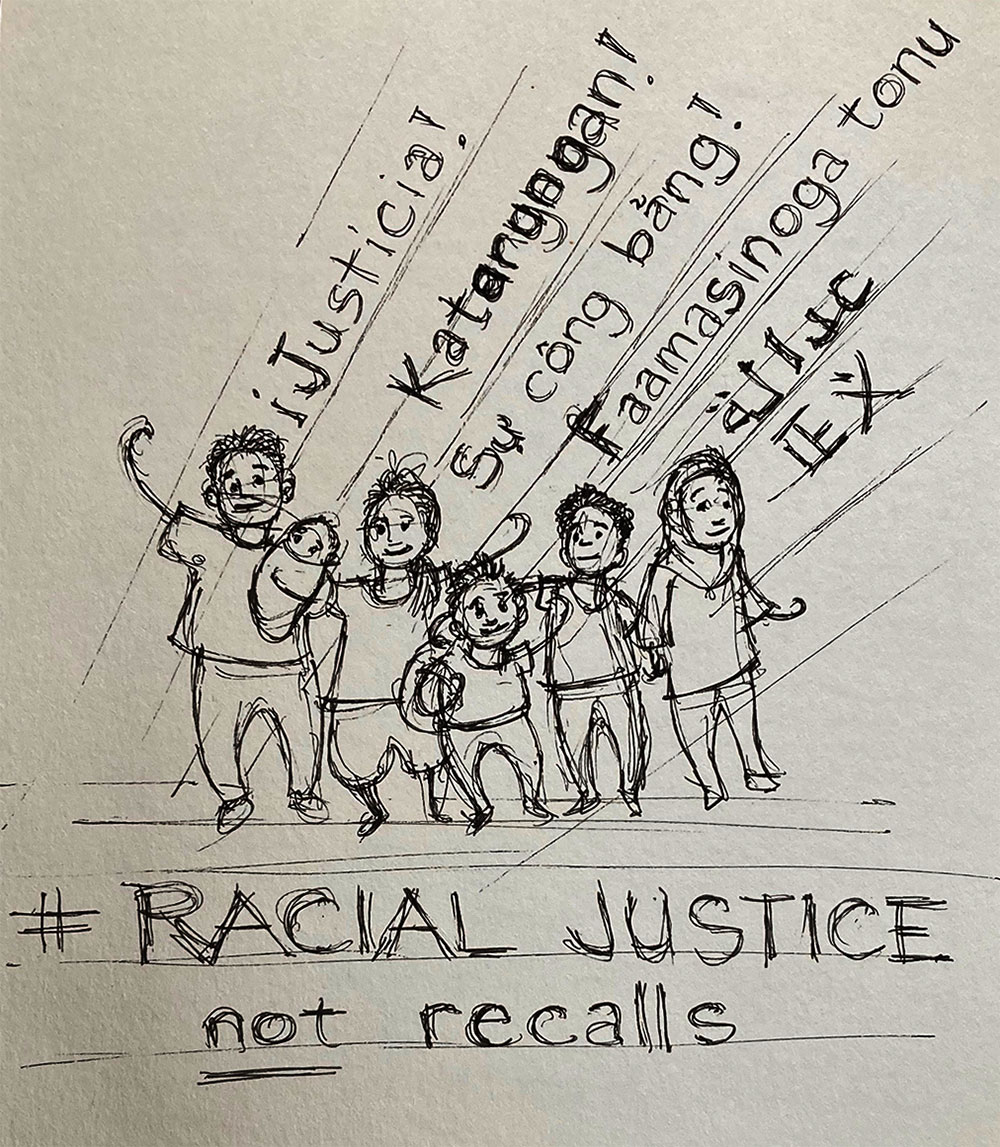
I thought about the decades-long fights for racial justice and for the inclusion of ethnic studies in our school system and wanted to create an image that represented the many voices of our children in our schools, whose struggles were being silenced by this recall. “Racial Justice not Recalls” became the theme, with a cry for “justice” in some of the many languages spoken in our schools. As with many political posters, I struggled with whether to show faces, and how to represent the diversity of our voices without then leaving others out.
I sketched a crowd of children shouting out in unison, in a kind of comic book style that reminded me of the artwork I enjoyed in high school. I shared the sketch with Yolanda Lopez as we chatted by her bedside during her hospice care. “Bring me some paper,” she said, and she sketched, lying in bed, repositioning my group of racial justice fighters standing next to each other into a more dynamic circle. They’re angry, she said, like fire, but how about something beautiful too, and suggested the flowers.
My fight is not for these three particular school board members (though I know and have worked with two of them). The fight is for racial justice, for a more inclusive and more just school system. One where our children can grow the fire in their hearts, with flowers in in their hands. Those fights are not fights that can be put aside as we struggle to cope with the pandemic. Those fights are precisely the fights we need to be centering – today more than ever, after the pandemic, after George Floyd and Breonna Taylor.
Racial justice – not recalls!
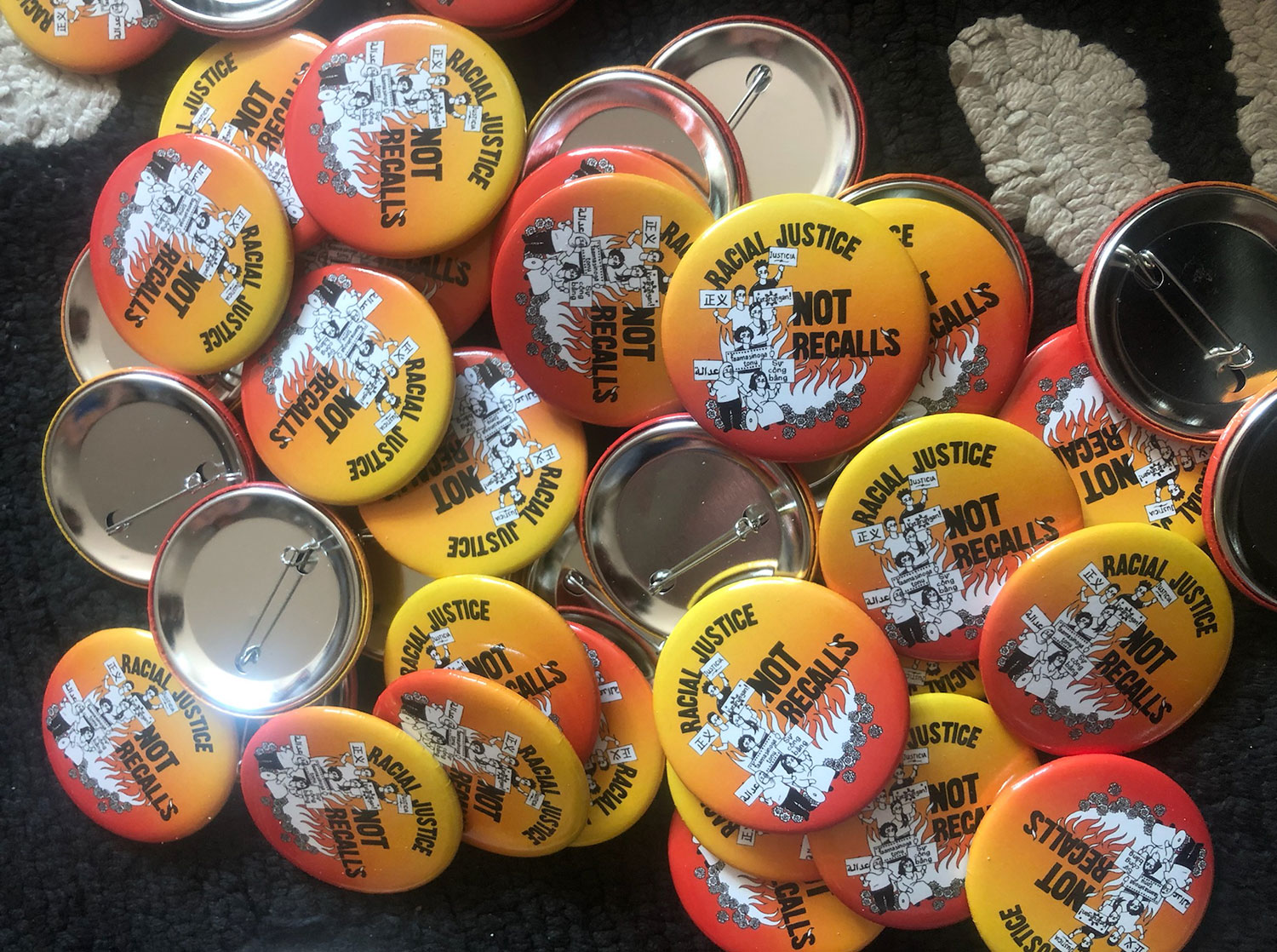

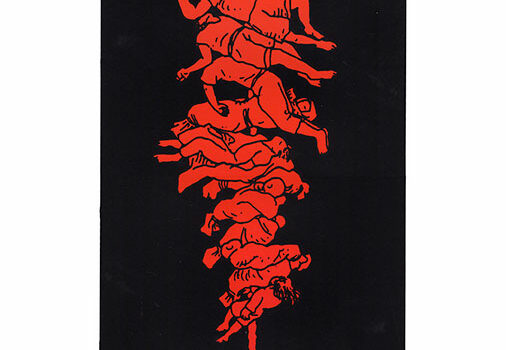
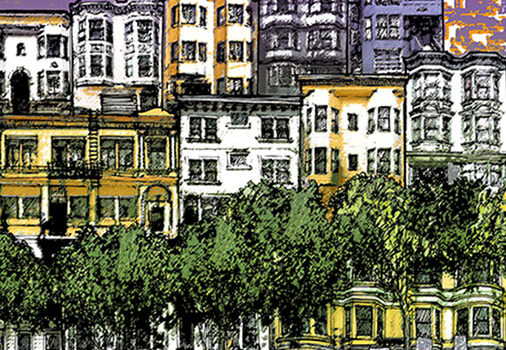
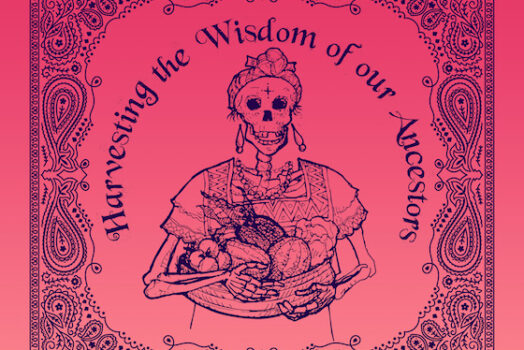
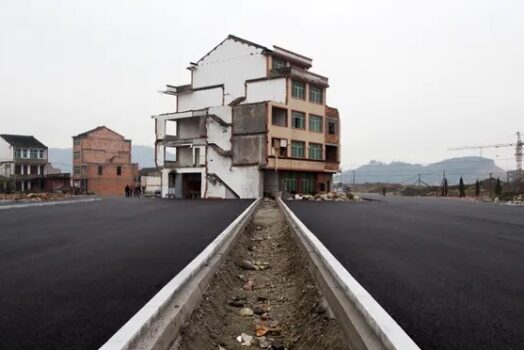
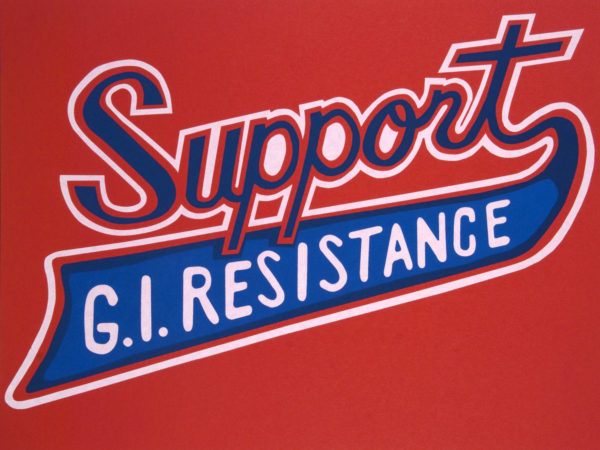
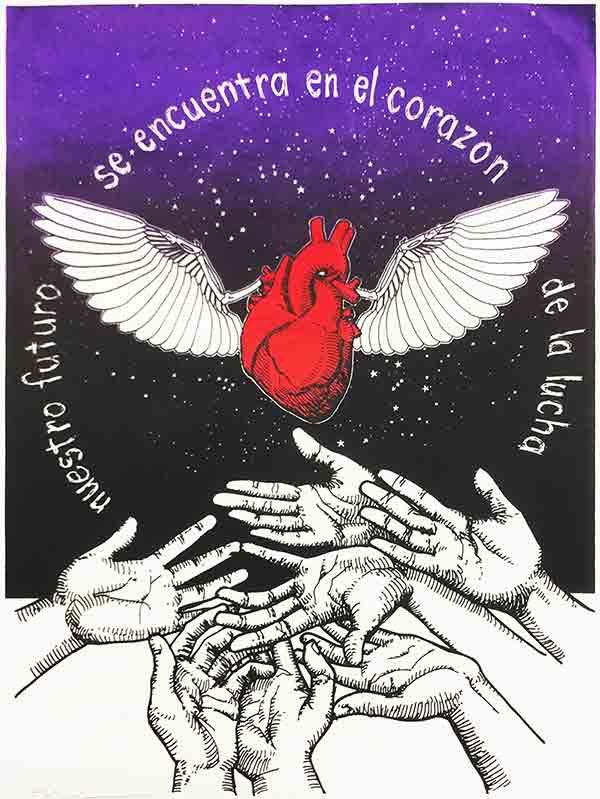
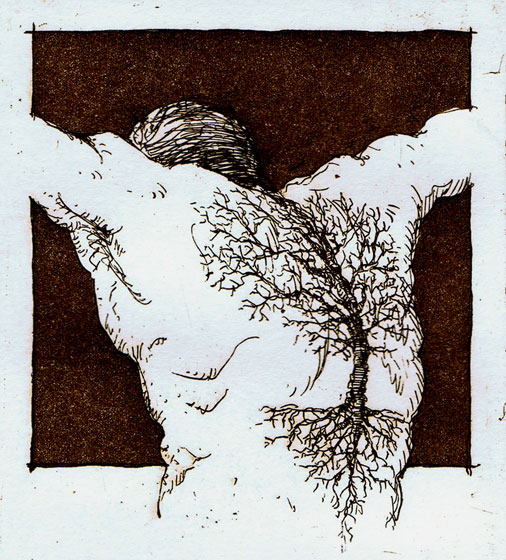
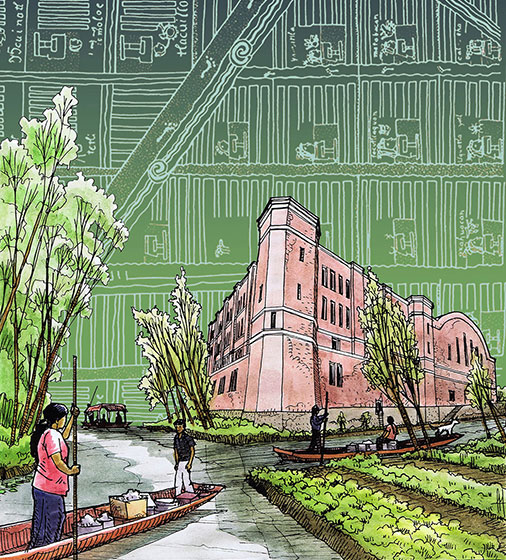
Thank you for these beautiful words and for your art. It is healing. 🙏🏽💕. May I repost on my blog?